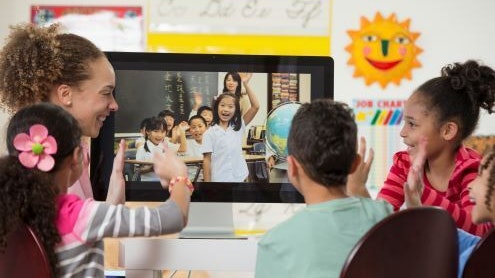Homepage
•
Learning Library
•
Blog
•
Mystery Skype: Where in the world are they?
Expand breadcrumbs
Expand breadcrumbs
- Learning Library
- Blog
- Mystery Skype: Where in the world are they?
- Homepage
- •
- Learning Library
- •
- Blog
- •
- Mystery Skype: Where in the world are they?
Mystery Skype: Where in the world are they?
By Pernille Ripp
September 23, 2019








